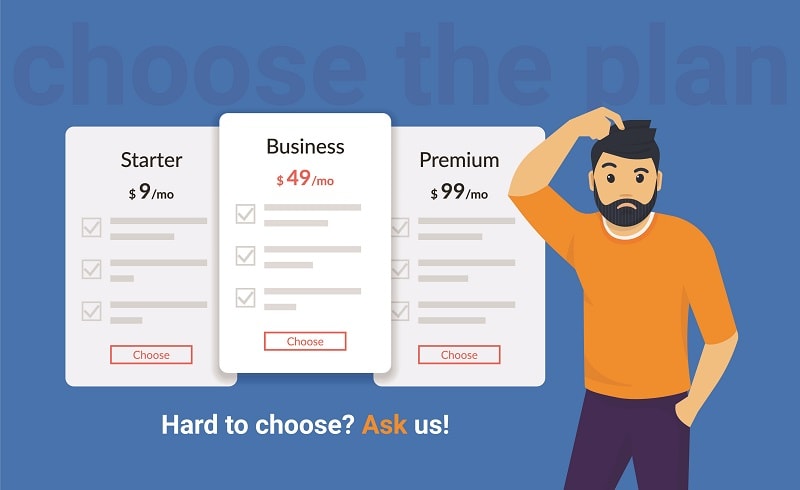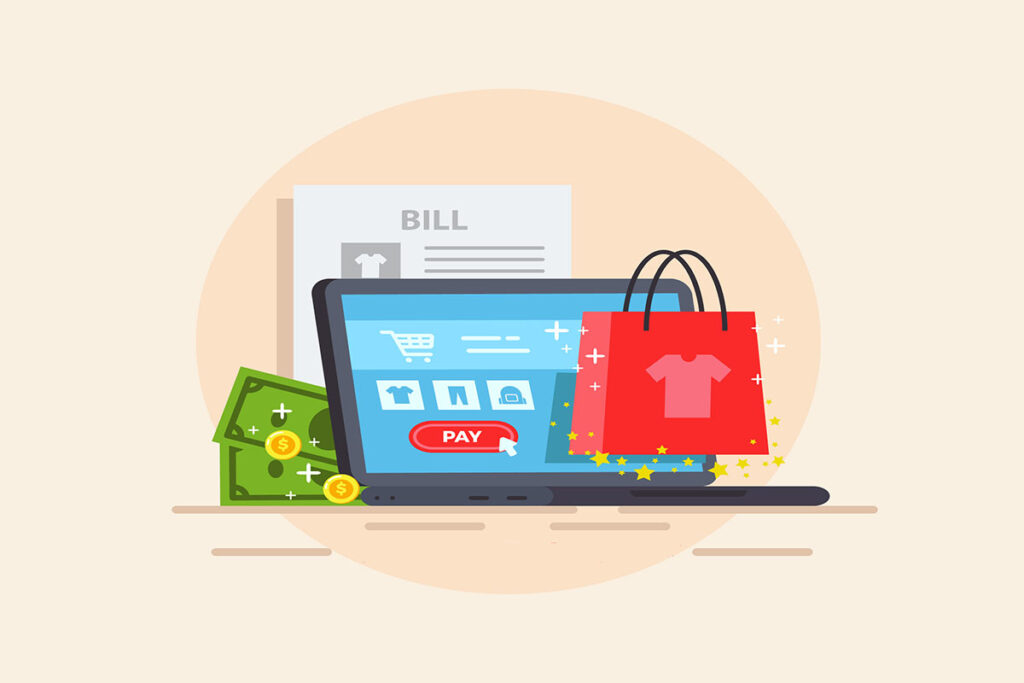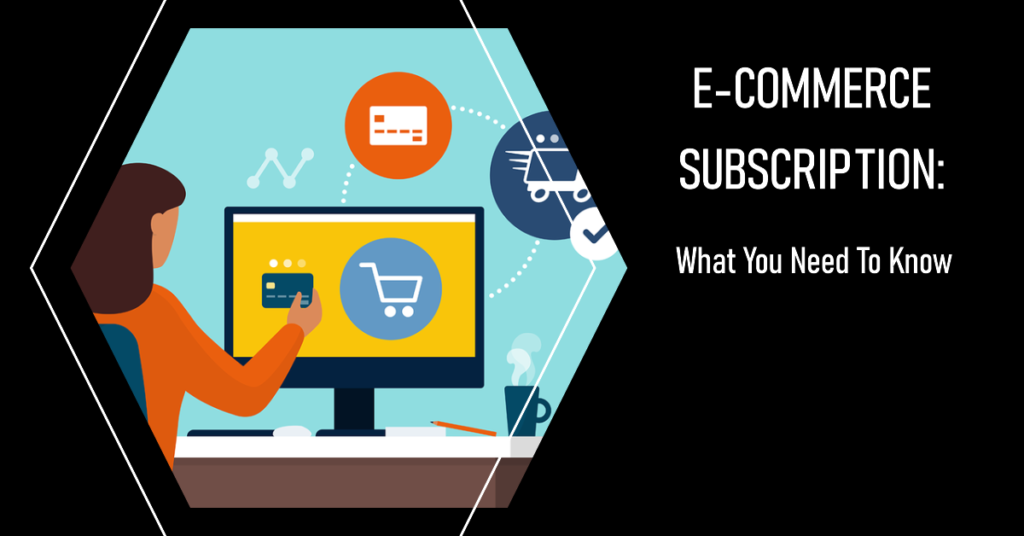Technology and the internet have opened new avenues and opportunities, and both old and new business models thrived. A good example is the Subscription model, becoming more prevalent in streaming platforms, online services, and online businesses. First based on traditional media, the concept swiftly adapted to encompass a myriad of products and services. Driven by convenience and personalized experiences, customers now seek regular deliveries of goods, from daily essentials to niche luxury items. To help online sellers, this article will explore E-commerce subscription in terms of their definition. So, the types of business models, and their benefits for online business.
What is an E-Commerce Subscription?
E-commerce subscription is a type of business model where customers can sign up for a regular delivery of goods or services. Additionally, e-commerce companies set up recurring payments regularly.
There are three possible payment frequencies: weekly, monthly, and yearly. Although this concept was first applied to media such as magazines and newspapers. It has since expanded to include all aspects of e-commerce.
Every month, customers can order and deliver products right to their door. Cloud-based software and streaming entertainment services are also covered under the subscription model.
Types Of E-Commerce Subscription Business Models

Replenishment subscriptions:
With this E-Commerce Business Model, customers can get necessities like baby formula or toiletries that they use frequently delivered to them automatically. Also, one example of this business strategy is Amazon’s Subscribe and Save, which provides a discount in exchange for committing to regular deliveries of necessities.
Curated subscriptions:
With this E-Commerce Business Model, online businesses focus on luxury or specialty items like beauty products, food, and clothing.
Access subscriptions:
With this E-Commerce Business Model, online businesses give users exclusive offers or access to members-only content.
Benefits of E-commerce Subscription

Increase the Scope of Business Offering
Since most of these firms already have fulfillment infrastructure, adding subscriptions usually involves little effort for a significant return. Additionally, for brands that are not exclusively subscription-based, adding subscriptions broadens your offering and increases your capacity to deliver value to customers.
Lower Rates Of Retention
Because they maintain a tighter engagement with their clients, subscription firms frequently see lower churn rates. For comparison, B2C companies have an average churn rate of 6.77%. Involuntary churn indicates problems with payments, but voluntary churn may result from consumer unhappiness.
With subscription-based businesses, pricing is also typically much simpler because the stores emphasize macro pricing with tiers rather than specific prices for a variety of things.
Increased Repurchase Rates
E-commerce subscriptions can assist firms in increasing recurring sales since, with a faithful subscriber base, you don’t need to earn the business on an as-needed basis. Selling to an established client is more likely to succeed than selling to a brand-new potential client.
Businesses can use subscription-based business models to pass on cost savings associated with distribution, marketing, and customization to their customers while being very data-driven in their customer targeting as well as conversion tools and strategies.
Subscription-based businesses possess valuable consumer information that enables them to build expanded cross-selling and marketing opportunities beyond the reach of traditional retailers.
Conclusion: E-Commerce Subscription
In conclusion, e-commerce subscriptions present a dynamic avenue for businesses to engage with customers through regular deliveries of goods or services.
Additionally, from replenishment subscriptions ensuring the seamless provision of necessities to curated subscriptions offering tailored luxury items, and access subscriptions providing exclusive perks, the model caters to diverse consumer needs.
Lastly, the benefits are manifold: expanded business offerings, enhanced customer retention, and increased repurchase rates. So, by leveraging existing infrastructure and data-driven strategies, businesses can streamline operations, drive recurring revenue, and foster lasting customer relationships.








